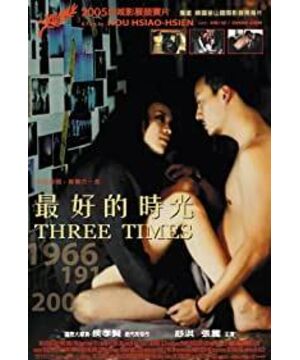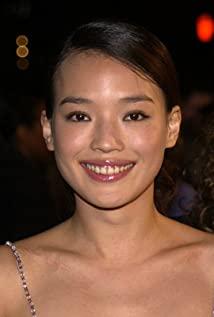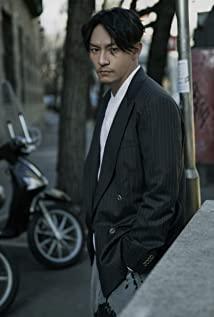: There are many auspicious Katayu in life, which are unknown, difficult to categorize, and cannot constitute any important meaning, but they just linger in my heart. For example, when I was young, I loved to knock, and the song "Smoke Gets in Your Eyes" was always playing in the pool room. Now that I am nearly sixty years old, these things have been there for too long and become like I owe them and must be repaid, so I have to take them out. I call them the best time.
The best is not because we miss the best, but the other way around, because we are lost forever, we can only call them with nostalgia, so we become the best.
——Hou Xiaoxian
First of all, this is a very readable movie. Readability means that everyone reads differently, and there will be different readings from different angles. My solution is just to round my words. If there is any objection, it is purely normal. If everyone reads the same conclusion, there is nothing to read. But let’s make a text interpretation. There are some basic principles. First, it’s not divorced from the text. It’s a novel, not a comment. Second, it has a certain degree of objectivity, deviates from the author’s original intention, and is purely self-intoxicated. Nor is it a comment. The reason why I gave up these words is because I read some unappetizing misunderstandings.
Three periods of time, three silent stories, emotionally tangled, but not obvious. In the blank of time, I fell into memory, lost in thought, involuntarily.
Love, freedom, youth...what else?
Such a slow and dull movie, I watched it intently, and even had to stop and let myself be in a daze outside of the large blank space of the movie. I watched a two-hour film for three hours, which is really luxurious. I like to slow down. The life in the metropolis is so fast that it makes people feel swollen and empty, and when they slow down, they feel that they are still a flesh and blood creature.
The most true and full part is the first paragraph, empathizing with one's body and heart. It seems that there is nothing to say, presumably everyone has had the deep-seated glimpse, the persistence of the soul, the involuntary stay, and the hidden sustenance. The director's handling is simple but delicate, and the shots are similar to the MV. What's interesting is that the guide waited to make the boy look dumbfounded, but to portray the girl's beautiful eyes. The billiard balls rolled on the flannel, the girl's heart flowed, the surface was slow and calm, and the inner tension was full. Also, Zhang Zhen said in his letter that Rain & Tears belonged to the Beatles. I don't know what the director intended (actually not, not even at all, this song was originally adapted from a Greek folk song by Canon of Pahebel). But this kind of experience is also appropriate. In the age of information barrenness, we will inevitably have some lingering illusions.
The most exquisite and complicated part is the second paragraph, which is interlocking and extending in all directions, but quietly, returning to the form of silent film, slowly advancing under the endless piano, creating a different kind of harmony with the primitive environment, under the harmonious picture , All bitterness. The young girl’s redemption has been settled, but the singing girl has to stay for a while; once the singing girl is gone, the ten-year-old girl will be on top; the singing girl thinks that the scholar can give her freedom, but the scholar does not mention a word; the scholar's letter It’s all about family and country. However, “How many things have happened in the seventeen years, Chunfan will mourn the waves downstairs”; the freedom of a singing girl depends on sacrificing another girl, just like the motherland is busy with independence and inadvertently lost Taiwan.
There is love in the chapter of love, but there is no freedom in the free chapter. Not only is there no freedom, but also no belonging, sorrow and sorrow of parting! So what is good? I think beauty lies in my soulmate. Only when a man listens to a song can he really communicate with a woman. The director used a large section of "Nan Yin" (a kind of opera from Fujian) to create a sad and desolate atmosphere, which also implies returning to the roots.
The most obscure and inexplicable is the third paragraph. The inexplicable thing is not the story, but the motivation. Why tell such a story of youthful commotion. Decadent, abandonment, bisexuality, epilepsy card (what the hell?) These shocking details happened to Ouyang Jing, a heartless and expressionless chick, but she was always absent-minded, silently composing her on the computer. melody. What kind of metaphor is the "premature baby" sealed with tape on the so-called "epilepsy card", does it only mean the price of youth? Where is the beauty, is it just physical intimacy?
The three pieces of music are also very different, English classics + ancient southern sounds + modern psychedelic, they are really masterpieces~
View more about Three Times reviews









